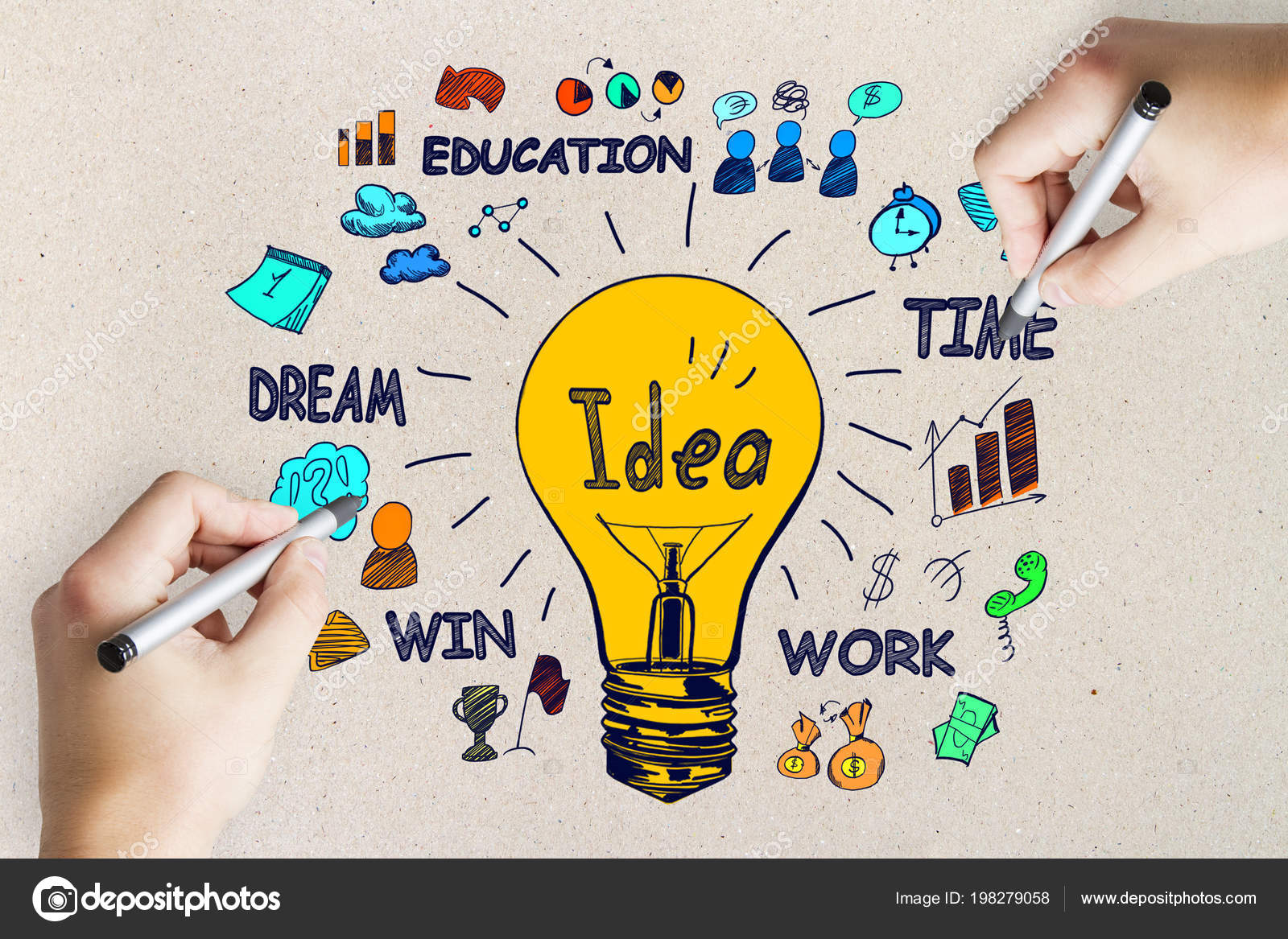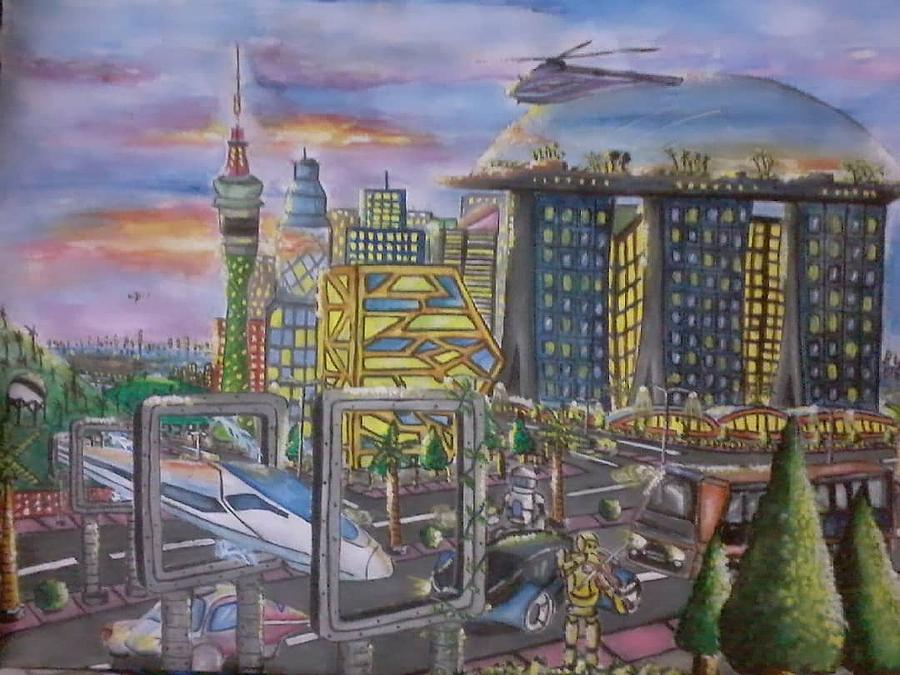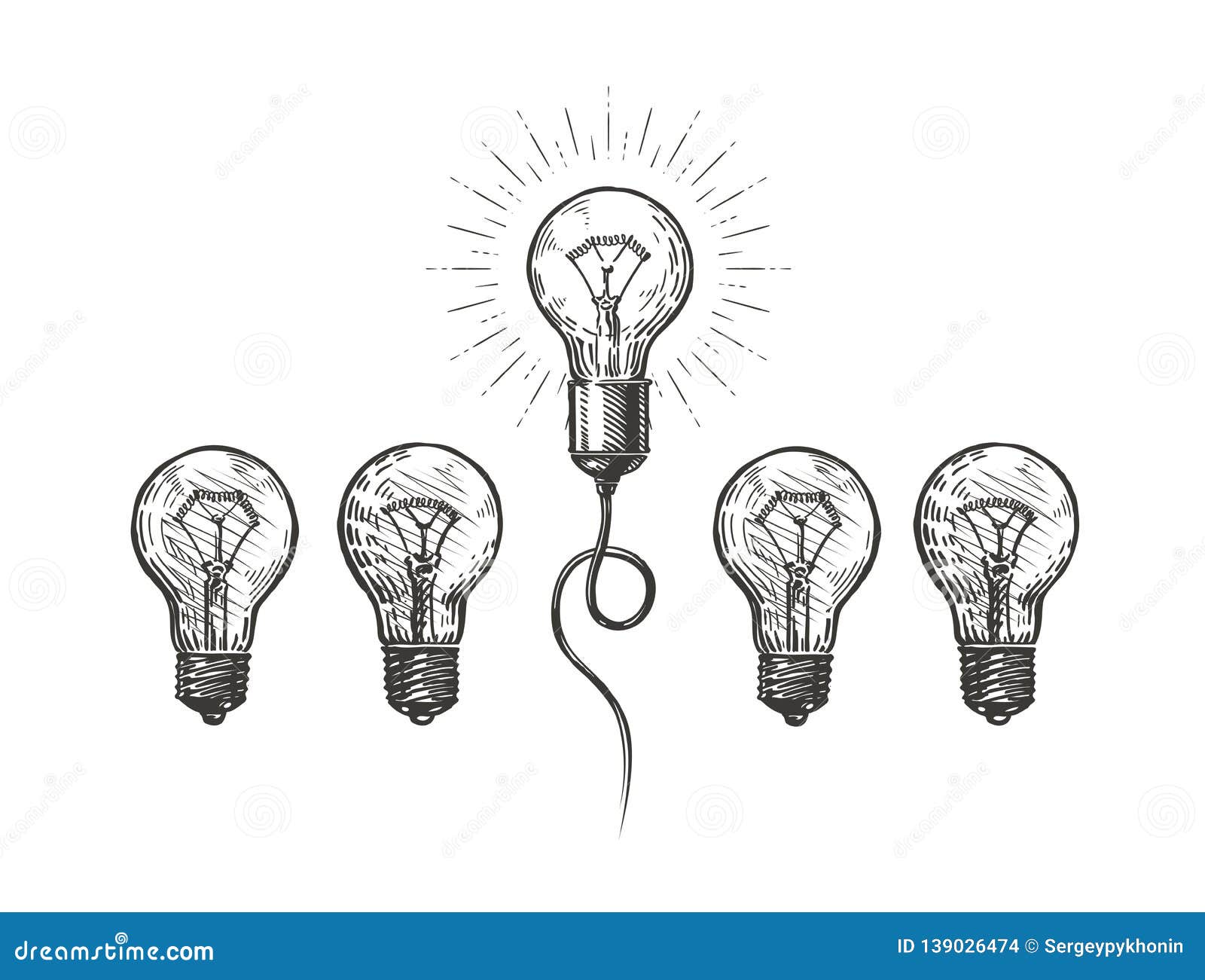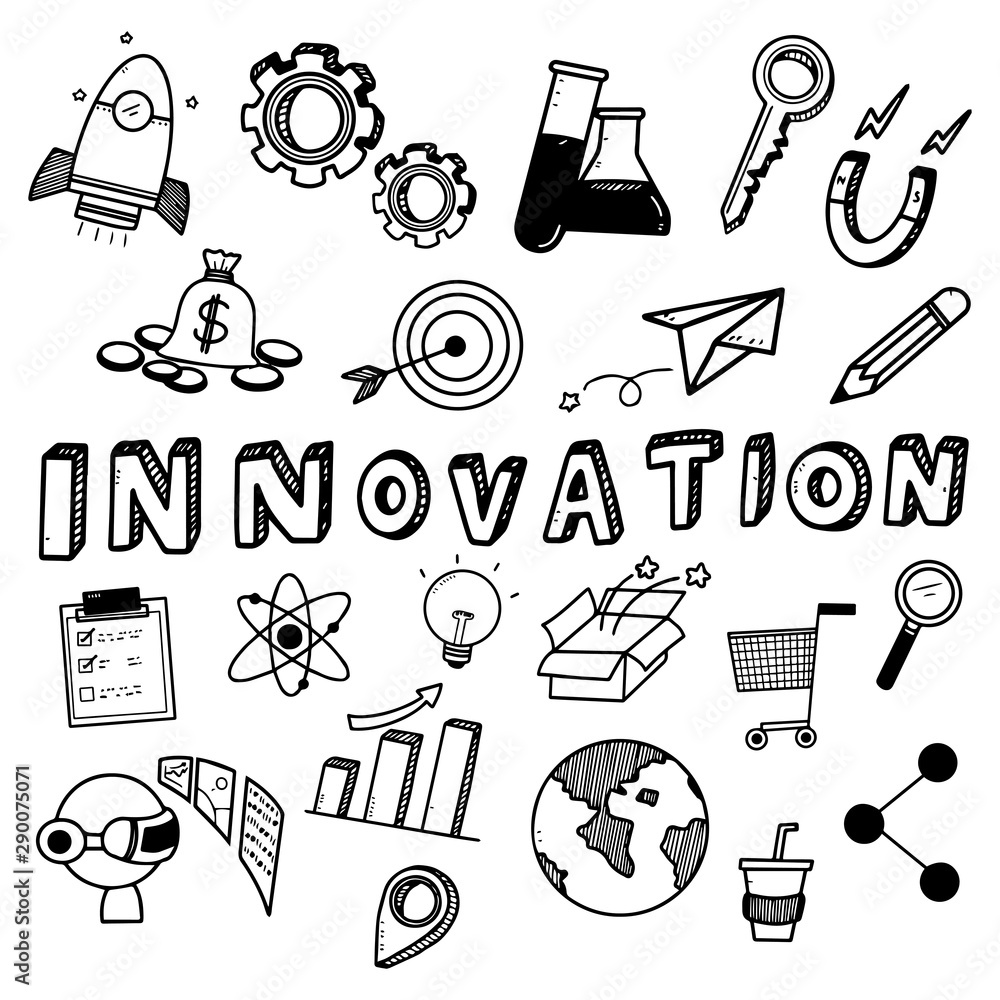Draw Sketch Ideas 2025: Research Innovation Ideas for the Future
Related Articles: Draw Sketch Ideas 2025: Research Innovation Ideas for the Future
- Complex Ideas Synonym 2025 Programming Youtube Channel Name Ideas 2025
- Diy Newspaper Wall Art Ideas 2025 React App Project Ideas 2025
- Diy Kids Closet Organization Ideas 2025 Rapt Definition Of The Idea 2025
- Cute Witch Makeup Kids 2025 Quick And Easy Vegan Dinner Ideas 2025
- Cool Rl Map Ideas 2025 Quality Window Treatment Showroom 2025
Introduction
With enthusiasm, let’s navigate through the intriguing topic related to Draw Sketch Ideas 2025: Research Innovation Ideas for the Future. Let’s weave interesting information and offer fresh perspectives to the readers.
Table of Content
Video about Draw Sketch Ideas 2025: Research Innovation Ideas for the Future
Draw Sketch Ideas 2025: Research Innovation Ideas for the Future

Introduction
As we approach the year 2025, it is essential to envision the future of research and innovation. Sketching out ideas now will help us lay the groundwork for transformative technologies and solutions that will shape the world in the years to come. This article explores a comprehensive range of draw sketch ideas and research innovation ideas for 2025, providing a glimpse into the potential advancements that await us.
1. Artificial Intelligence (AI)
- AI-powered Personalized Learning: AI algorithms will adapt educational content to each student’s individual needs, enhancing learning outcomes and fostering personalized educational experiences.
- AI-Enhanced Healthcare Diagnostics: AI will assist medical professionals in diagnosing diseases more accurately and rapidly, leading to improved patient outcomes and reduced healthcare costs.
- AI-Driven Autonomous Vehicles: Autonomous vehicles will become more sophisticated, integrating AI for enhanced safety, efficiency, and convenience in transportation.
2. Biotechnology
- Gene Editing for Disease Treatment: CRISPR-Cas9 and other gene editing techniques will revolutionize medicine, enabling the treatment of genetic diseases and the development of personalized therapies.
- Bioengineered Organs and Tissues: Advances in tissue engineering will create bioengineered organs and tissues for transplantation, addressing the shortage of donor organs and improving patient recovery.
- Precision Medicine and Pharmacogenomics: Genetic information will be used to tailor medical treatments to individual patients, maximizing drug effectiveness and minimizing side effects.
3. Climate Science and Sustainability
- Renewable Energy Innovations: Research will focus on developing efficient and cost-effective renewable energy sources, such as solar, wind, and geothermal, to mitigate climate change.
- Carbon Capture and Storage: Technologies will be developed to capture and store carbon dioxide from industrial processes and the atmosphere, reducing greenhouse gas emissions.
- Sustainable Agriculture and Food Security: Innovations in agriculture will enhance crop yields, reduce environmental impact, and ensure food security for a growing population.
4. Computing and Information Technology
- Quantum Computing: Quantum computers will revolutionize scientific research, enabling simulations of complex systems and accelerating drug discovery and materials science.
- Edge Computing and IoT: Edge computing will bring data processing closer to devices, enabling real-time analytics and enhancing the efficiency of IoT applications.
- Cybersecurity and Data Privacy: Advanced cybersecurity measures will be developed to protect sensitive data and prevent cyberattacks in an increasingly interconnected world.
5. Robotics and Automation
- Collaborative Robotics: Robots will collaborate with humans in various industries, enhancing productivity, safety, and efficiency.
- Autonomous Delivery and Logistics: Robots will be used for autonomous delivery of goods and services, reducing transportation costs and improving supply chain efficiency.
- Medical Robotics: Robotic surgery and assistive technologies will advance, providing greater precision and reducing recovery times in healthcare.
6. Space Exploration and Astronomy
- Human Missions to Mars: Research will focus on enabling human missions to Mars, exploring the planet’s habitability and potential for future settlements.
- Space Tourism and Commercialization: Space tourism and commercial space ventures will become more accessible, opening up new opportunities for scientific research and economic development.
- Astrophysics and Cosmology: Advances in astronomy will deepen our understanding of the universe, its origins, and the search for extraterrestrial life.
7. Social Sciences and Humanities
- Social Impact AI: AI will be used to address social issues, such as poverty, inequality, and climate change, by providing data-driven insights and solutions.
- Behavioral Economics and Neuroeconomics: Research will combine behavioral economics and neuroeconomics to understand how individuals make decisions and develop interventions to promote positive outcomes.
- Cultural Heritage and Digital Preservation: Technologies will be developed to preserve and digitize cultural heritage, ensuring its accessibility and preservation for future generations.
8. Education and Training
- Personalized Learning Technologies: AI-powered and personalized learning technologies will transform education, providing students with tailored learning experiences and enhancing engagement.
- Virtual and Augmented Reality in Education: VR and AR will be integrated into education, creating immersive learning environments and enhancing student understanding.
- Lifelong Learning and Skill Development: Innovations in education will support lifelong learning and skill development, enabling individuals to adapt to the changing demands of the workforce.
9. Healthcare and Medicine
- Precision Medicine and Personalized Treatments: Advancements in genomics and AI will enable personalized medical treatments, targeting specific patient needs and improving health outcomes.
- Wearable Health Devices and Telemedicine: Wearable health devices and telemedicine will empower individuals to monitor their health and access medical care remotely.
- Regenerative Medicine and Tissue Engineering: Research will focus on regenerative medicine and tissue engineering to repair damaged tissues and organs, offering new treatments for chronic diseases.
10. Energy and Infrastructure
- Smart Grid Technologies: Smart grid technologies will enhance the efficiency and reliability of energy distribution, integrating renewable energy sources and reducing energy waste.
- Sustainable Urban Infrastructure: Innovations in urban infrastructure will focus on sustainability, reducing emissions, improving air quality, and promoting walkability and cycling.
- Resilient Infrastructure and Disaster Management: Research will develop resilient infrastructure and disaster management systems to mitigate the impact of natural disasters and climate change.
Conclusion
The draw sketch ideas and research innovation ideas presented in this article provide a glimpse into the transformative potential that awaits us in 2025 and beyond. By envisioning these advancements now, we can lay the groundwork for a future where technology, science, and innovation empower us to address global challenges, improve human lives, and shape a sustainable and prosperous society. As we navigate the complexities of the 21st century, it is imperative that we continue to foster a culture of innovation and collaboration to realize these bold ideas and create a brighter future for all.








Closure
Thus, we hope this article has provided valuable insights into Draw Sketch Ideas 2025: Research Innovation Ideas for the Future. We appreciate your attention to our article. See you in our next article!